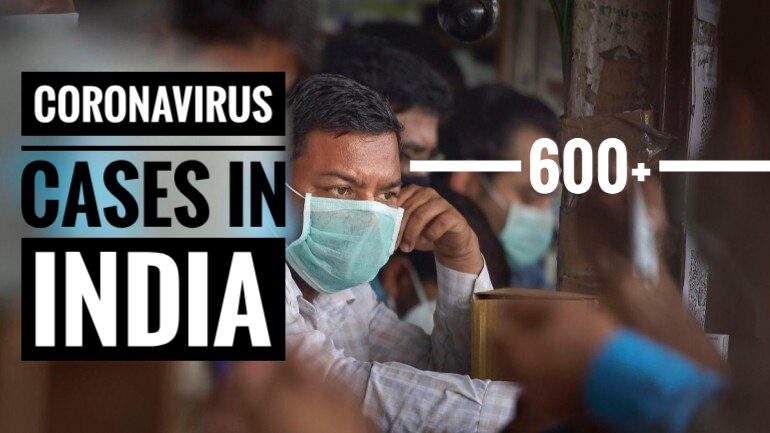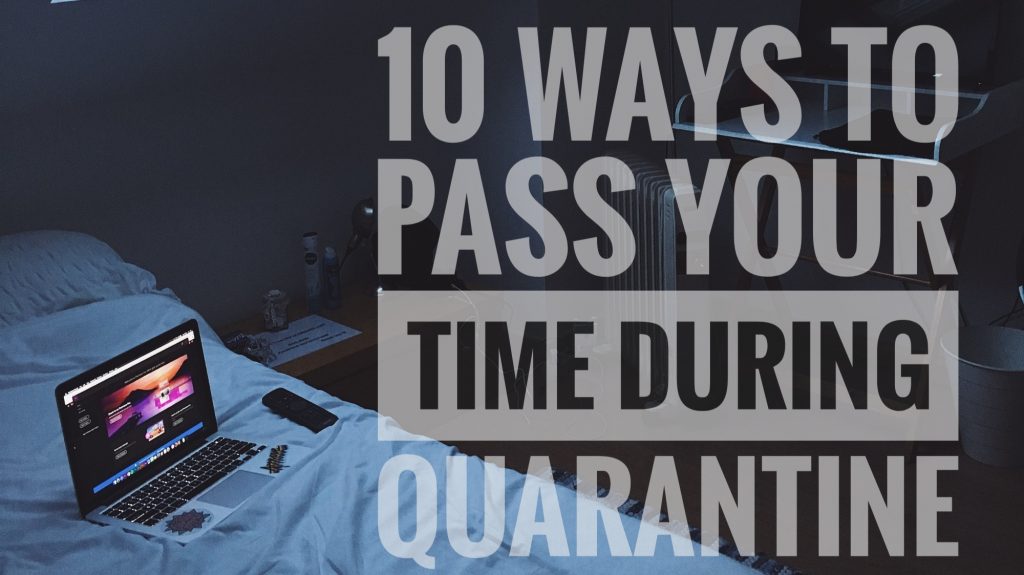India being a hotbed for vector borne diseases and due to its tropical climate, the Indian Health Organisation has requested government to include mosquito repellent, pesticide sprays, liquid vaporizers and other household insecticides in the list of essential goods as the country is really prone to malaria and dengue during this time. Due to the country’s focus on coronavirus pandemic not only the mosquito repellents have been excluded from the essential items list but also, spraying of pesticides outdoors has also not done yet. Well, Indian households exclusively depend on only these measures and now that they are stopped the situation could pose a big threat to the country.
The director of the WHO Global Malaria Programme has asked the countries to take their preventive measures, diagnostic and treatment activities amid the pandemic. Consequently, many companies that manufacture repellents are facing huge losses, the CEO of Godrej Consumer Products Ltd stated that they have been having conversations with government regarding the inclusion of mosquito repellents in the list of essential items as the company’s 38-40% of the revenue depends upon the home insecticide items household insecticides which include mosquito repellents of all types and sprays for flies, rats and cockroaches etc. The CEO further stated that the penetration is 77% in urban areas and nearly 50% in rural areas which implies how much these products are required, the companies needs to start their units in the areas most prone to the disease and the government should give them permission for 50% labour to ensure the smooth functioning of the company and supply of home insecticides.
During this pandemic if we do not go back to previous preventive measures, India could see a 50% to 100% rise in vector borne diseases, the health authorities have to shift their focus back to malaria and dengue said the CEO of PATH. Currently India accounts for 3% malaria cases around the globe. In Singapore alone more than 4,000 cases of dengue fever have been reported this year since January, which is more than double of last year. Every week, 300-400 new cases have been reported in the island country this year.

In India, malaria and dengue cases usually start from March-April and get a sudden spike during monsoon in July and August. Every year during the time of March and April the city municipal corporations take the preventive measures such as fogging, fumigation and awareness campaigns but this year everything has been sidelined due to the coronavirus pandemic. Over the last three years dengue has been increasingly spreading in the country. According to WHO, India is among the 11 countries which are affected by malaria.
Since, the government is currently focusing on medical and social infrastructure for controlling COVID-19 but the other health risks should also be taken in light and preventive measures should be taken because India had 4.87 lakh cases of malaria, dengue and chikungunya last year. Dengue affected more than 1.36 lakh people last year alone in India and has been increasing over the last few years. All the countries around the globe, especially those who are vulnerable to vector borne diseases should take preventive controls so that in a fight with one pandemic we don’t have to fight another.

